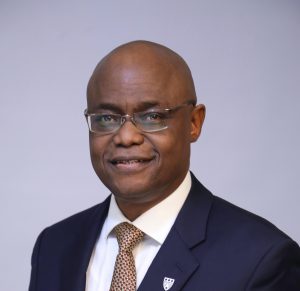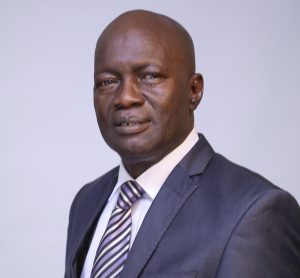Overview
In today’s complex business environment characterised by pervasive economic uncertainty, organisations are constantly seeking to develop and execute a winning strategy. Most forward-looking organisations, realising that distinctive human resources are critical in orchestrating a winning performance, now place more attention on aligning their human resource function with their strategic business objectives. Recent research suggests, however, that line managers remain a vital but often weak link in the alignment process, as they are ill-equipped to effectively manage the implementation of human resource aspects of business strategy.
This intensive programme begins with an exploration of several fundamental aspects of managing and leading people. Participants will complete a Myers-Briggs (MBTI) assessment to understand their leadership types, and how to leverage their style to get results through others and make better managerial decisions. They will also gain an appreciation of key ethical issues in the employment relationship, and how to effectively handle them, among others.
Learning Objectives and Benefits
At the end of this programme, you will be able to:
- Gain practical concepts and frameworks that will help to align your people management practices with your firm’s competitive strategy.
- Understand how to implement change and drive business performance by achieving outstanding results through people.
Who should attend
This programme is beneficial to line managers, technical specialists and other professionals in private and public sector organisations, who want to enhance the performance of their people.
Structure and Curriculum
- Fundamental aspects of managing and leading people
- Myers-Briggs (MBTI) assessment
- Human capital management and performance
Admission process
1. Click on the Apply Now tab
2. Select the number of participants to enroll on the programme
3. Fill in your details to complete your application
4. Request for an invoice or make an instant payment via our secured payment gateway
5. Upon confirmation of payment, a programme manager will get in touch with you at least three days before the programme commences.
Faculty

Dr Oparison is a senior fellow at Lagos Business School with over 25 years’ management and leadership experience in blue-chip multinational companies.
He was a management consultant with PricewaterhouseCoopers, where he worked on a wide range of assignments including Organizational development and change management interventions, executive resourcing, performance and talent management in private-sector organisations ranging from FMCG companies, financial service organisations, banks, pharmaceutical companies, as well as public-sector client organisations.
For over seven years, Oparison was HR Vice President for Shell’s Downstream Business in Africa, a member of the Executive Management Team for Shell Oil Products Africa, and the Shell Downstream Global HR Leadership team based in Johannesburg, South Africa.

Prior to his faculty appointment, Uche Attoh served on the Industrial Arbitration Panel where following a Federal appointment, he had for eight years presided/participated in Tribunals constituted for the purpose of adjudicating over Trade Disputes and Labour-Management Conflict in accordance with the Trade Disputes Act and other Labour and Employment Laws.
Prior to this appointment, Uche worked for over a decade in GlaxoSmithKline Nigeria Plc where as Human Resources Director and Company Secretary for West and Central Africa, he played pivotal roles in the company’s successful change and turn-around programmes. In particular, he led the Legal and HR integration of Smithkline Beecham with Sterling Health, and Smithkline Beecham with GlaxoWellcome, consequent upon the respective mergers.
Before joining GlaxoSmithKline, Uche was Director of Industrial Relations of the Nigeria Employers’ Consultative Association (NECA), and in over a decade, he gained international HR experience through ILO secondments/fellowship to organisations in the USA, UK, Ireland, Germany, Brazil, Norway, Kenya and Ghana; the experience enabled him to promote international best practices in the organised private sector through his membership of statutory tripartite institutions as National Labour Advisory Council, National Salaries and wages commission and the committee for the restructuring of Trade Unions.
